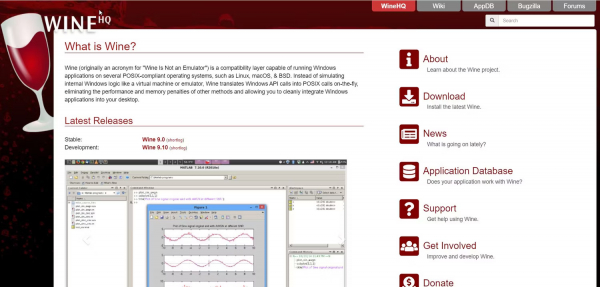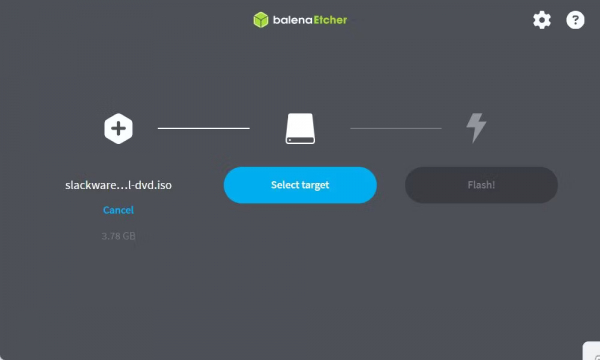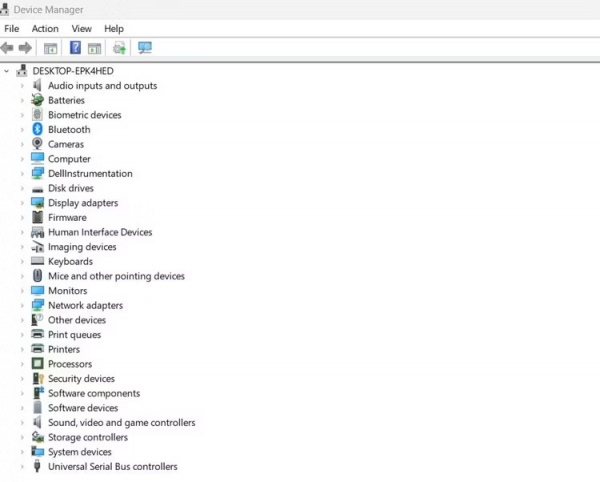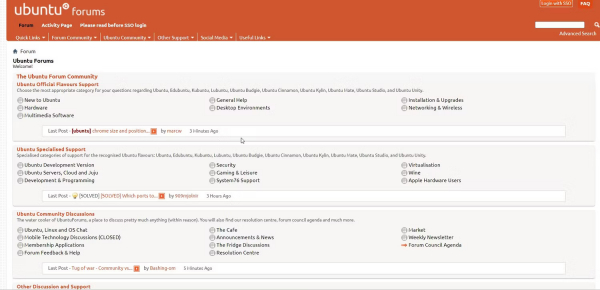Do you need to be a computer expert to use Linux?
Although Linux is a platform chosen by professionals and those who like tinkering with computers, you don't have to be a computer enthusiast, hacker, or even an expert to use this leading open-source computing platform.
Misconceptions about Linux
1. Only computer experts can use Linux
This might be related to the fact that many computer experts rely on Linux. It is the choice of IT administrators, programmers, and scientific researchers. Linux's success in the technical field might make it seem like it’s not for the average user. However, Linux is always around, but you might not realize you're using it.
If you have an Android phone or tablet, you're using Linux. If you have a Chromebook, you're also using Linux. Although these versions are different from the traditional Linux distribution, there are many ways to use Linux as a regular end-user.
2. Linux can’t run Windows programs
A major barrier to adopting Linux is that many people, for better or worse, rely on programs that only run on Windows and do not have native Linux versions. However, if you're one of those people, there are still many ways to work around the problem.

Wine has been around for a long time and is the most preferred way to run Windows programs on Linux. Valve, behind "Half-Life" and Steam, has made its own modifications to Wine in the form of Proton to help Windows games run on Linux, specifically on the handheld Steam Deck gaming console.
If Wine doesn't work, you can install a virtual machine with VirtualBox and run your Windows program in there.
You can also do the classic dual-boot Windows and Linux technique. It sounds hard if you've never done it before, but most Linux distributions can set it up automatically for you during installation.
3. You must be a mathematics expert to use Linux
Similar to the first misconception, many people think you have to be a math expert to use Linux. Again, this is probably because of the large number of scientists, engineers, and developers who use Linux in their daily work.
4. You have to build everything from scratch
This misconception has some truth. In the early days of Linux, essentially, you had to build the operating system from scratch, compiling and assembling the various components to create a complete system. Initially, developers created "distributions" of the Linux kernel and supporting programs.
While some still cater to experts, mainstream distributions like Ubuntu have modern graphical interfaces and installers that make the setup process similar to Windows or macOS.
Important things to know
With all that said, there are some things you'll need to know to run Linux.
1. How to extract an ISO
Linux distro boot images are distributed as ISO files containing the exact layout of the bits. They were originally designed to be copied onto optical discs but nowadays extracting them to USB memory sticks has become more common. Balena Etcher and other tools make this easy.

2. What type of hardware you have
Modern Linux distributions are quite good at detecting most types of hardware, but occasionally you might still run into trouble with drivers. Tools like Device Manager in Windows can be used to inventory your hardware before installing Linux.

3. How to boot from another device
A common challenge for newcomers is how to boot the PC using the boot medium you just created. Most PCs are configured to boot from the HDD or SSD by default. This usually just requires making a quick change in the UEFI/BIOS menu.
4. How to ask for help

Like most other open-source projects, Linux is a collaborative effort. If you run into trouble, chances are someone else out there has run into a similar issue and posted a solution on a blog, forum, or even a chat channel. Many Linux users are willing to help you solve issues with your system either online or in person.
